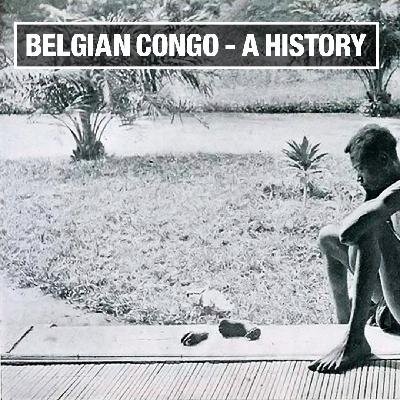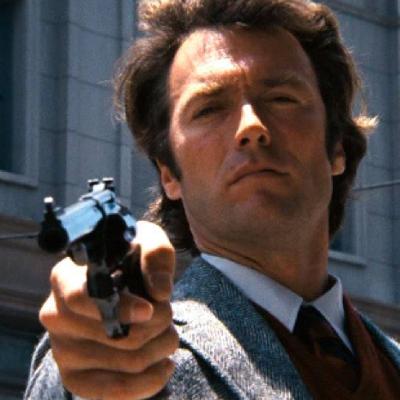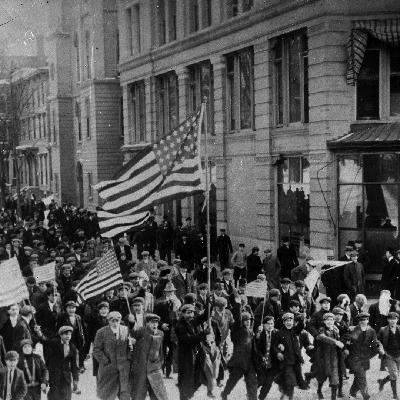Discover Revolution and Ideology
Revolution and Ideology

153 Episodes
Reverse
Join us as we dive deep into the thought-provoking concepts of Karl Mannheim's "Ideology and Utopia." In this episode, we unravel Mannheim's profound insights into the role of ideology in society. From understanding the mechanisms of ideological distortion to exploring the transformative potential of utopian imagination, we embark on a captivating journey through Mannheim's seminal work.
Join us for a 20-minute discussion as we delve into the intriguing world of early civilizations and challenge age-old stereotypes. In this thought-provoking video, we explore three captivating articles that shed light on the often-overlooked roles of women in ancient hunting societies.
In this episode we discuss the academic article titled "I would not plant apple trees if the world will be wiped".
Join us as we delve into the complex and often controversial history of the Japanese colonization of Korea.
Join us as we delve into the dark history of Belgian colonization in Congo. From King Leopold II's brutal exploitation of Congolese resources to the forced labor and atrocities committed under Belgian rule, this episode uncovers the disturbing truths behind one of the most notorious colonial regimes in history. We explore the impact of Belgian colonialism on the Congolese people and the legacy that continues to shape the country to this day. Don't miss this eye-opening account of a shameful chapter in human history.
In this podcast episode, we dive into the world of early tabletop role-playing games and explore the style and collaboration involved in creating these games in addition to the racism inherent in early role-playing games. Our guest is Stefan Huddleston, author of a fascinating article titled "When Worlds Collaborate: The Style of Early Tabletop Role-Playing Games" published in Analog Game Studies. We discuss the history and development of tabletop RPGs and the influence of various factors, such as the collaborative nature of gaming, on the creation and evolution of the genre. Whether you're a seasoned tabletop gamer or just starting out, you won't want to miss this insightful discussion. Tune in to learn more about the fascinating world of early tabletop role-playing games!
https://analoggamestudies.org/2022/12/when-worlds-collaborate-the-style-of-early-tabletop-role-playing-games/
In this episode, we delve into the fascinating theory of Charles Tilly, a renowned political scientist who argued that states are not inherently peaceful and benevolent entities, but rather emerged from war-making and are essentially akin to organized crime.
Discover the fascinating history of Tibet and its relationship with China in this 1 hour and 30 minute episode. From the Chinese government's takeover of Tibet to the current autonomous region, this episode covers it all
We discuss Michel Foucault's article "The Subject and Power" in which Foucault discusses his concept of power as action between individuals and how we must get out of the "'double bind' which is the simultaneous individualization and totalization of modern power structures."
With guest Stefan Huddleston we discuss the depiction of law enforcement in the media. From Dirty Harry and Bullitt to Law and Order and CSI, the police are typically portrayed as having the people's best interests in mind even when they're breaking the law themselves.
We discuss the 1973 article "The Ideology of the Motorcar" by Andre Gorz.
We discuss an article titled "The Cumulative Advantage of a Unionized Career for Lifetime Earnings" and discover whether or not you should join a union or go to college (or both!).
Where does the act of quiet quitting fit into the context of a larger movement? Does it have the potential to make a real impact? Is it Marxist or Hegelian?
As a short follow-up to our previous episode, we discuss whether or not every act is a political act. We briefly mention commodification, socialization, industrialization, technology, capitalism, religion, and more.
We loosely discuss a Gawker article by Clare Coffey titled "Failure to Cope Under Capitalism".
We discuss a short history of labor strikes in the United States and how the federal government dramatically reduced the power of labor with the Taft-Hartley Act of 1947.
We discuss the genocide of the Tasmanian Aboriginals in the nineteenth century.
We discuss the recently published United States Department of the Interior Report on Native American Boarding Schools which discovered 431 Federal Indian Boarding Schools and discusses many of the atrocities which took place there.
We sit down with musician and graduate student Ashley Ellis to discuss the Harlem Renaissance and its significance including artists such as Aaron Douglas, Archibald Motley, Langston Hughes, Zora Neale Hurston, Duke Ellington, Billie Holiday and others such as W.E.B. Du Bois and James Baldwin.
Our friend and prison abolitionist Donte Young got a job at a youth detention facility and tried to change things from the inside. He provides an insightful, emotional, and at times chilling account of how things went.

























you are great guys
Great stuff, thank you, guys.
The transitional government in 1800 was lead by Napoleon after the 1799 November coup (18th of Brumaire). Napoleon then authorized the reduction of privateer attacks, opening routes for negotiations to end hostilities.